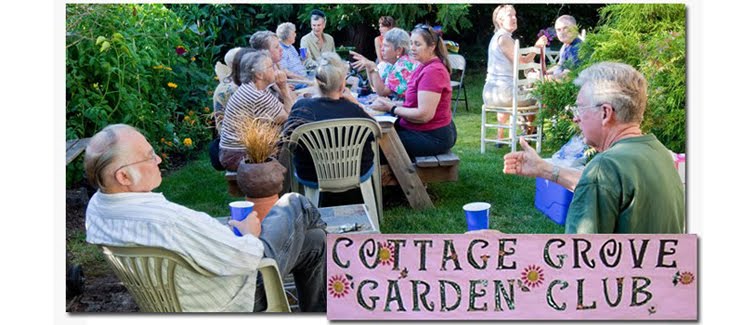 |
| Crimson Clover |
Christina has been an OSU Extension Master Gardener since 2012, with a specialty in plant diagnostics and additional training in composting. She is the past president of the Lane County Master Gardeners Association and provides lectures throughout the county on a wide range of topics.
The Cottage Grove Garden Club is a local organization with the mission of expanding our interests and building lifelong friendships while bettering our community and the environment through sustainable gardening practices.
Christina will present Cover Crops Tuesday October 1, at Cottage Grove Garden Club, meeting at the First Presbyterian Church, 216 South 3rd Street (enter off the garden on 3rd Street). The Garden Club’s informal business meeting begins at 6PM and the presentation begins at 7PM. Guests and visitors welcome.

